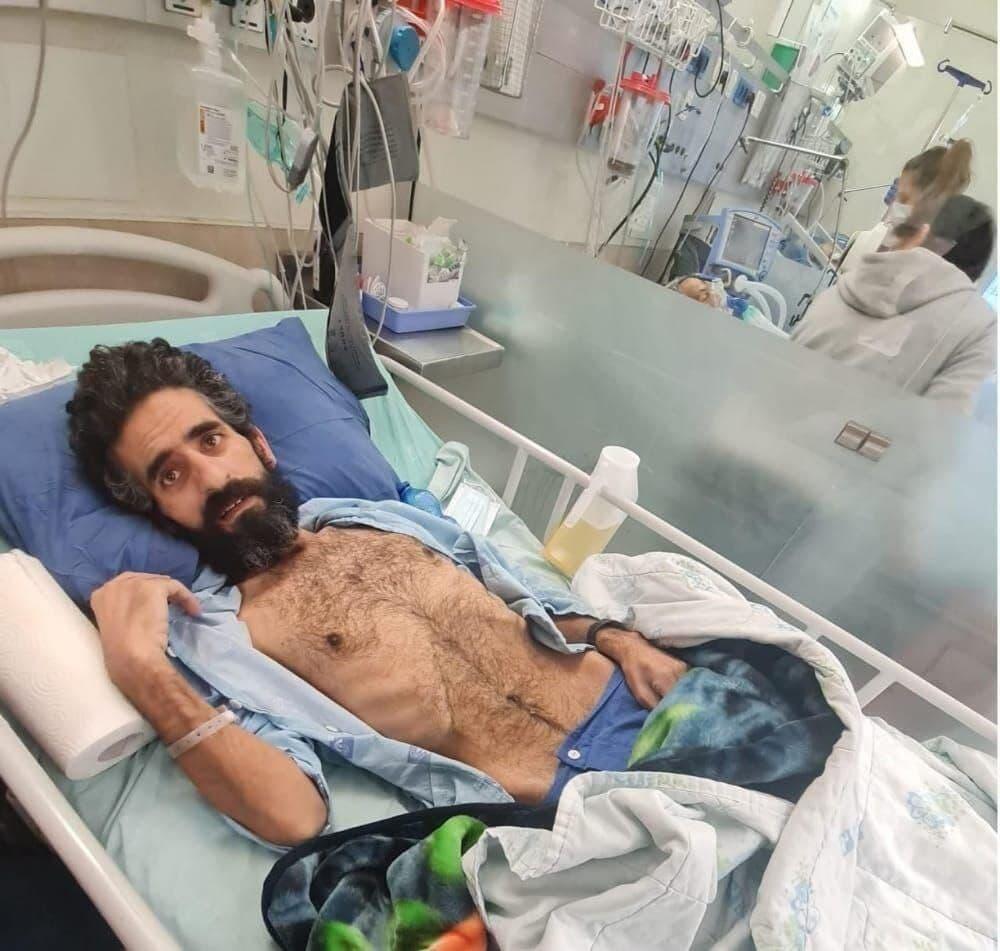Getting your Trinity Audio player ready...
A Palestinian prisoner who has been on hunger strike for over 140 days to protest being imprisoned without charge agreed Tuesday to end his fast after reaching a deal with Israel to be released next month, his lawyer said.
Hisham Abu Hawash, a 40-year-old father of five and a member of the Islamic Jihad militant group, is among several Palestinians who have gone on hunger strike to protest being held under "administrative detention," a controversial measure Israel says is needed for security.
His lawyer, Jawad Boulos, said he agreed to end the hunger strike after Israel pledged to release him on Feb. 26. There was no immediate comment from Israeli officials.
Palestinians have protested across the West Bank and the Gaza Strip in support of Abu Hawash and Islamic Jihad had threatened military action against Israel if he died in custody. The Organization of Islamic Cooperation, a bloc of 57 Muslim-majority states headquartered in Saudi Arabia, issued a rare statement expressing "grave concern" over his condition.
The Prisoners' Club, which represents former and current Palestinian prisoners, hailed the strike as a victory. It said Abu Hawash had previously spent eight years in Israeli prisons, more than half of it in administrative detention.
The 2.5 million Palestinians living in the West Bank are subject to Israeli military courts, while Jewish settlers living in the territory are citizens subject to Israel's civilian justice system. Israel captured the West Bank from Jordan in the 1967 Six-Day War and the Palestinians want it to form the main part of a future state.
2 View gallery


Palestinians rally in the West Bank city of Nablus for the release of hunger-striking prisoner Hisham Abu Hawash, January 4, 2021
(Photo: AFP)
Under administrative detention, which is only rarely used against Jews, suspects can be held for months or years without being charged or seeing the evidence against them. Israel considers Islamic Jihad, which has killed scores of Israelis, to be a terrorist group.
Israel says administrative detention is needed to foil attacks and to detain dangerous militants without revealing sensitive intelligence sources. Israeli and international rights groups say the practice denies individuals the right to due process. Hundreds of Palestinians are held in administrative detention at any given time.
Palestinian hunger strikers are transferred to Israeli hospitals under guard as their condition deteriorates. Medics give them water and urge them to take vitamins, which many refuse. Photographs circulating online in recent days showed Abu Hawash in a hospital bed, his face pale and drawn.
The vitamin deficiency of a prolonged hunger strike can cause irreparable neurological damage, and many former Palestinian hunger strikers say they have struggled to resume normal lives after being released.


